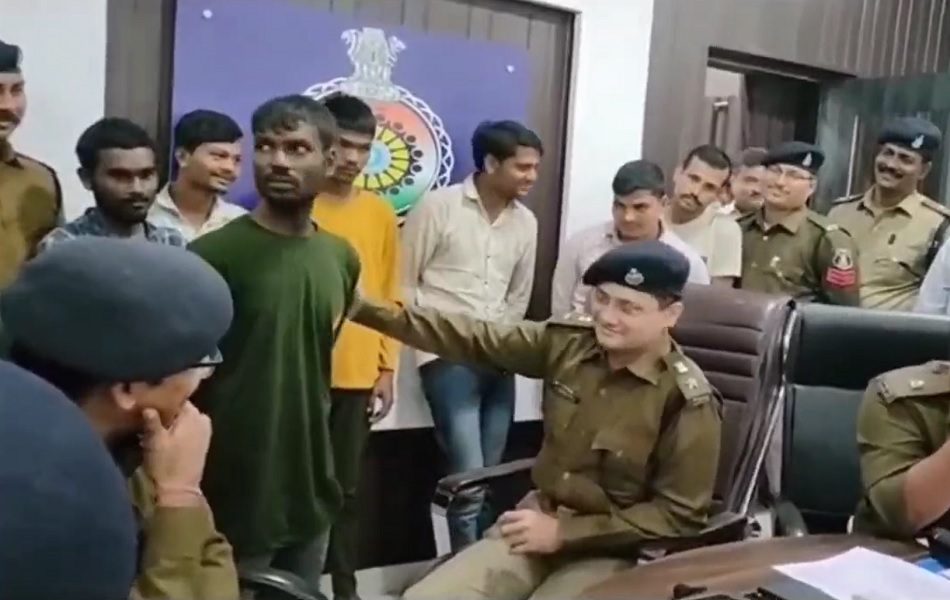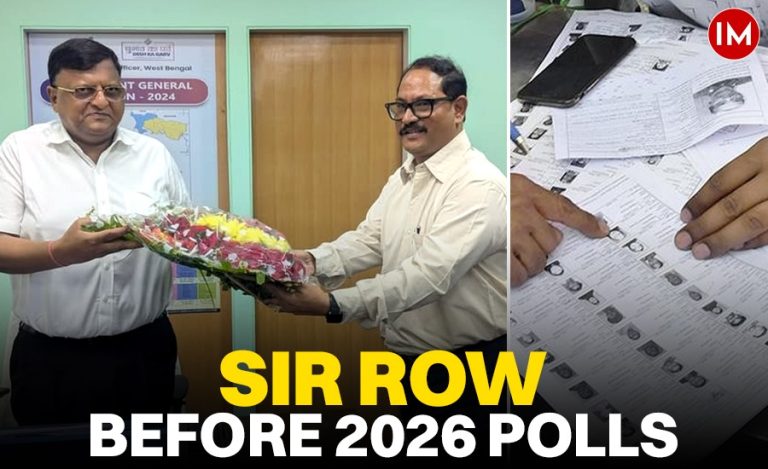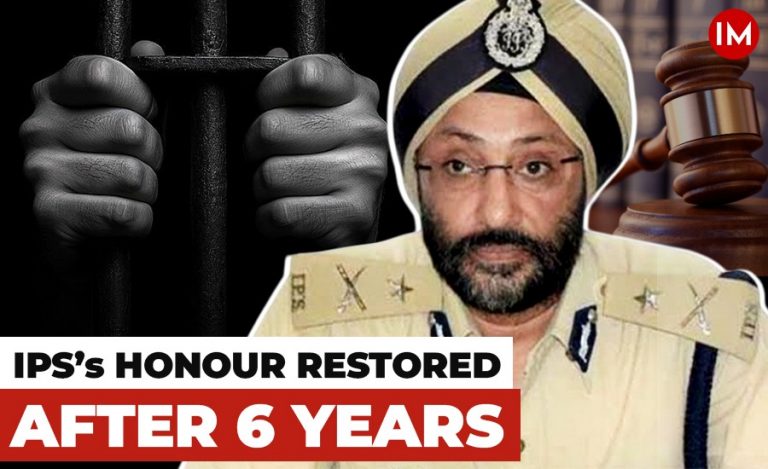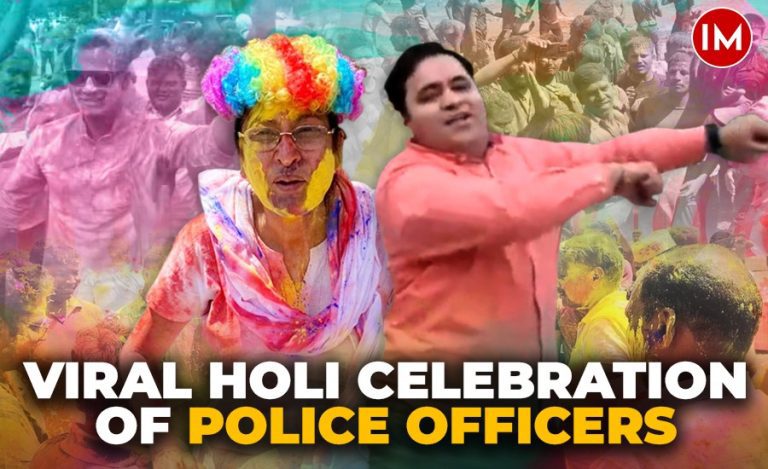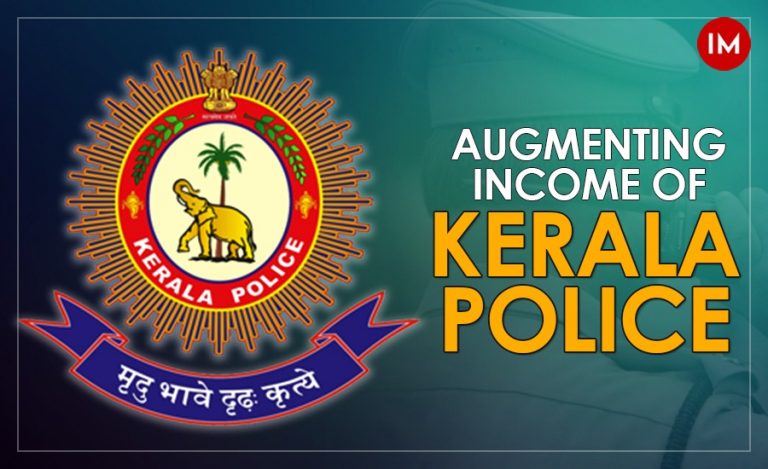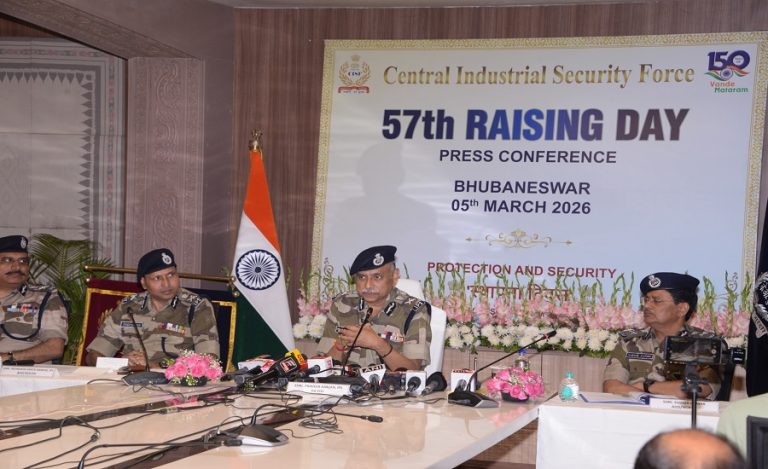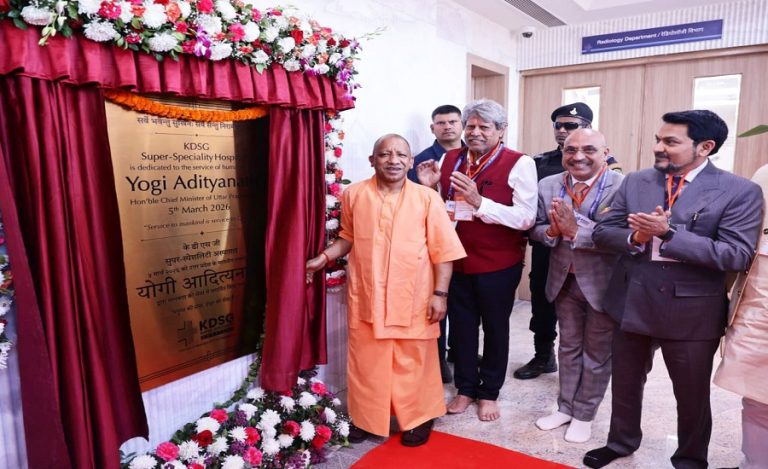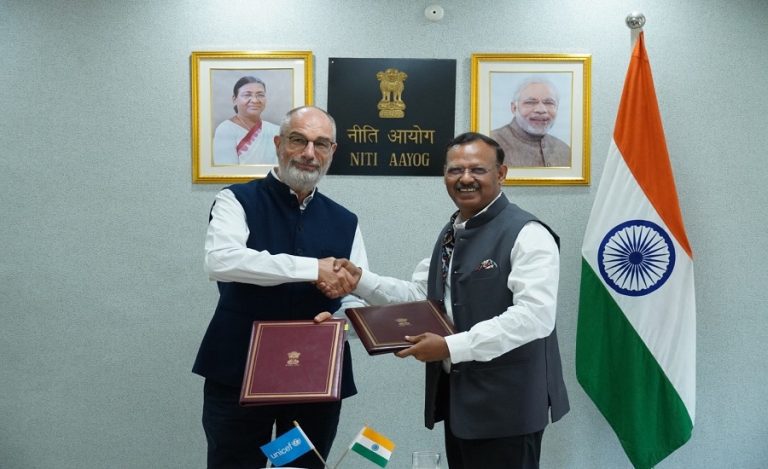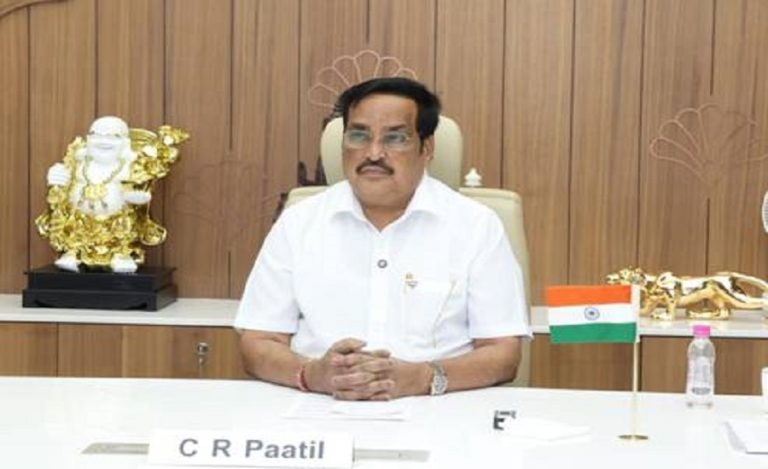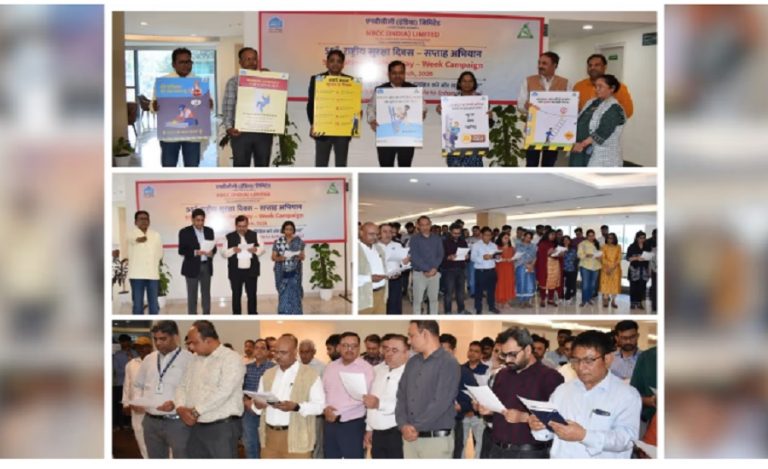As they say, actions speak louder than words, and the Durg police of Chhattisgarh has proved with their actions that the job of police does not end on catching a criminal, but the greater task of counseling them also lies with them. From undertrials to convicted prisoners, the police try to bring them all into the mainstream of society by reforming them through counseling.
Recently, a video clip of the interrogation of a thief in Durg district went viral on social media. In this video, SP of Durg, IPS officer Abhishek Pallava, is seen interrogating a thief whose replies have the policemen present on the scene, in splits! The SP, however, seems surprised by the story narrated by the thief in his confession.
Indian Masterminds interacted with 2013-batch IPS officer and SP of Durg district, Abhishek Pallava, to know more about the incident as well as the counseling of criminals done by them.
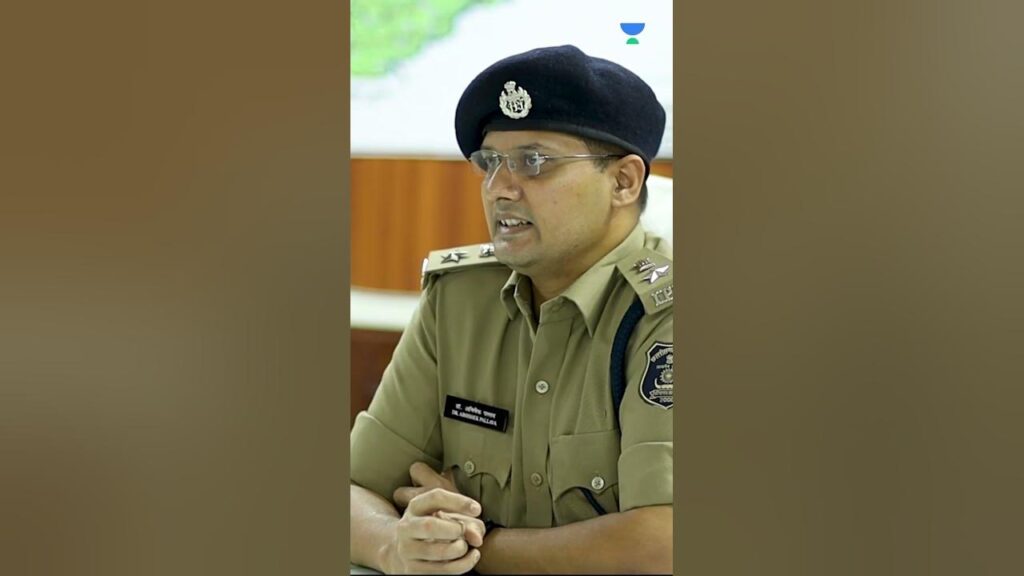
A CASE OF THEFT
Talking with Indian Masterminds about the thief interrogation, Mr. Pallava said that he was a young boy and along with seven others, he had committed theft of about three and a half lakhs in six houses. He had lost his job during Covid time and got into many bad habits while sitting idle at home. Eventually, he started walking on the wrong path. When the expenses increased, he started committing crimes even, like theft in houses when the owners were out. Right now, all seven of them are behind bars and along with their interrogation, their counseling is also going on.
COUNSELING
Talking about the counseling procedure, Mr. Pallava said, “In counseling, we pay attention to many parameters and it is done in many stages. First, we see the crime history of the criminals, whether he is a first time offender or a repeat offender? What is the nature of his crime, it is a minor or a heinous crime? And, accordingly, the criminal is treated.”
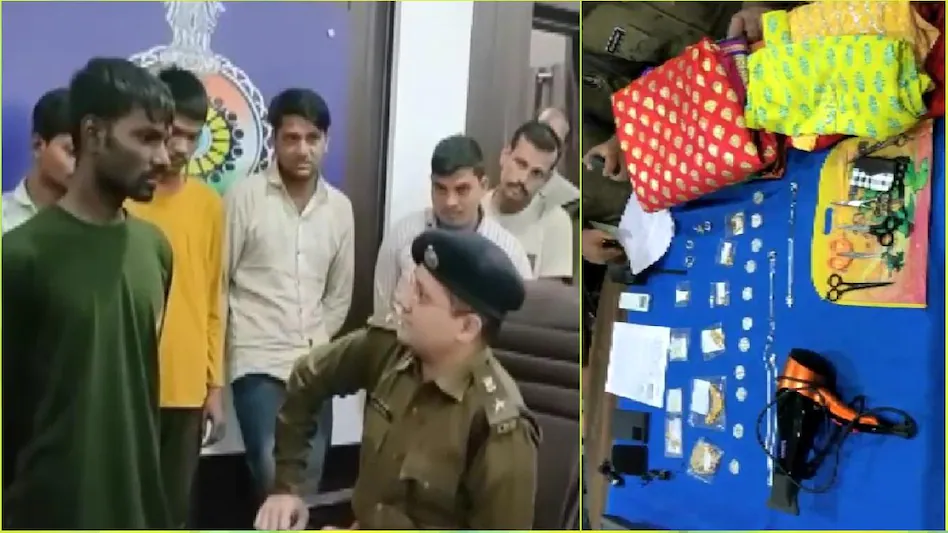
He also said that they take into account the mental state of the offender. Whether he has family support or not, whether he is married or not, has children or not, etc. “Apart from this, we also see his habits, whether he is a drug or an alcohol addict. Then we look at the nature of the crime, why it was committed and under what circumstances, the social and economic factors involved, the age of the criminal, etc. After getting the complete information, we do counseling and help the criminals to become better human beings, to join the mainstream.”
For this, they also do counseling of the convicted prisoners in jails. They go to the jail, talk to the criminals there, and after getting the complete information, assess them and then counsel them. “Our effort is to improve them and add them to the mainstream so that we can create a better society. Our society also has the same expectation, that we should give them a chance to improve. Durg police is trying to work in this direction by continuously communicating and counseling the criminals,” he said.
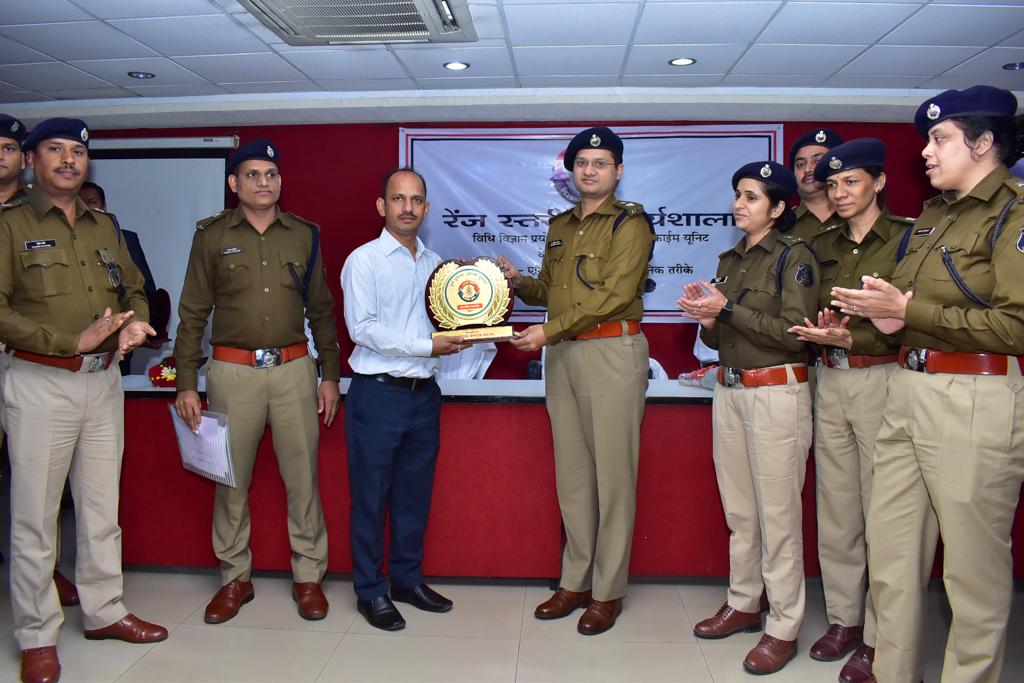
EDUCATING THEM
Other than couseling, the Durg police also focuses on creating awareness. “We also increase their knowledge and help them in getting education. If anyone wants to study further, we help him according to his skills. They are also told what work they can do after getting out of jail. We also talk to their family members so that after coming out of jail, they do not face any stigma,” the officer said.
SPECIAL TEAM
A special social team has been formed for this, consisting of counselors, psychologists, enlightened people from society and police officers. The team works in coordination with NGOs who are working in this field.
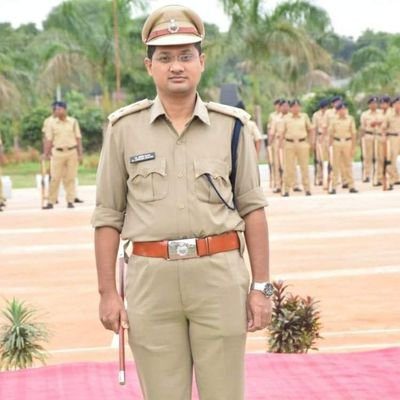
THE INCIDENT WITH THIEF
The Durg police had raided various places and arrested a gang of thieves few days back. During interrogation, one of the thieves told the police that he had received Rs 10,000 as share from the stolen amount of two and a half lakhs.
SP Pallava then asked him how he felt after stealing. In response, the thief said that it initially he felt good, but, later, he regretted it. Then he said that he spent his share of the bounty on providing blankets and food to cows, dogs and the poor people living on pavements. Another thief said that he commits theft after getting intoxicated with marijuana. Yet another said that he gambled with the stolen amount. He also said that he does not touch alcohol, but takes ganja daily.
" ईमानदार चोर जी हां सही पढ़ा आपने" क्या आपने एक ऐसा चोर देखा है जो चोरी करके कुत्तो को खाना खिलाता है ? pic.twitter.com/grWYrl9gC4
— 🐦 SITAPUR NEWS 🐦 (@C_P_Dixit) December 2, 2022
The replies of the thieves during the interrogation evoked mixed reactions from the policemen present. While some replies set them laughing, other remarks set them thinking about what makes young boys take to crime, and, now, how to bring them out of it.

